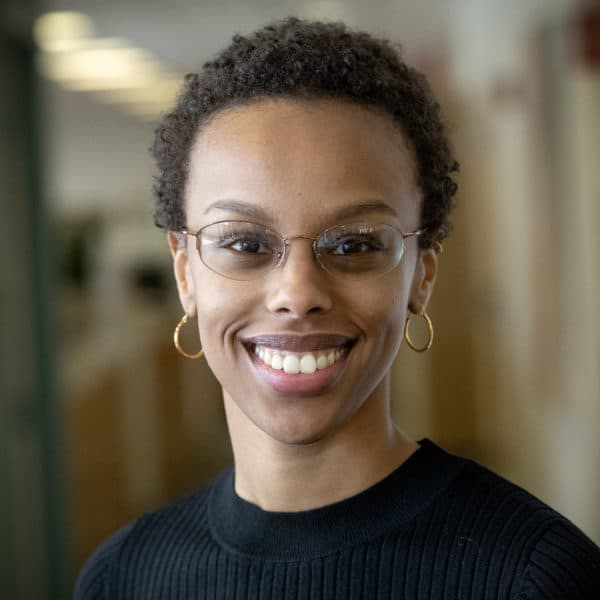Advertisement
The Weekender: Boston's Saturday Morning Newsletter
5 leading Boston women on the people who changed their lives
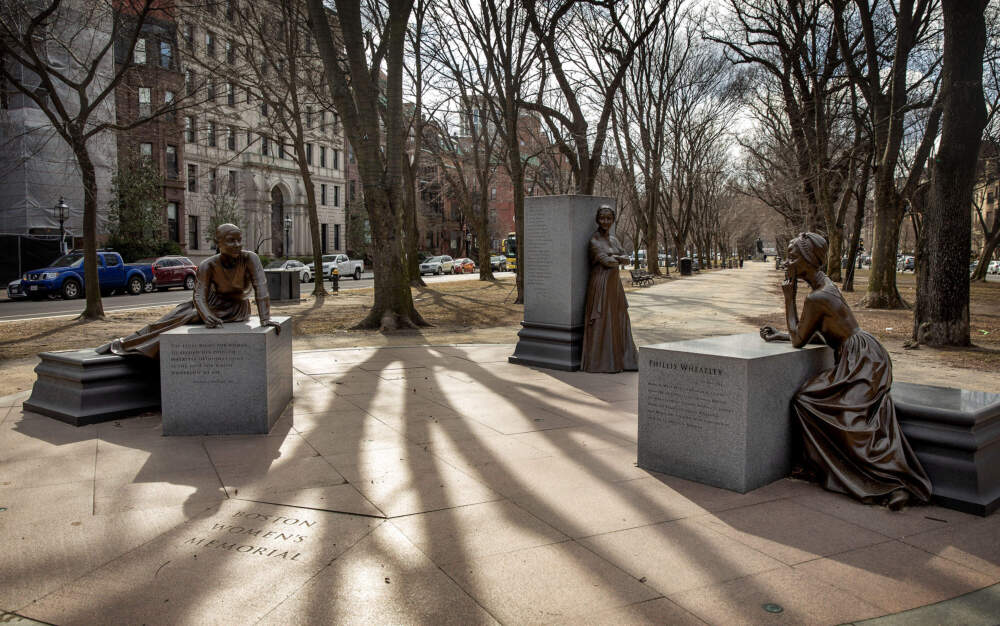
Editor's Note: This is an excerpt from WBUR's Saturday morning newsletter, The Weekender. If you like what you read and want it in your inbox, sign up here.
March marks the beginning of Women's History Month, and there are a lot of women shaping history right now in Massachusetts. They're at the top of their fields — in politics, in business, in health care, in media. Do a Google search for "influential Bostonians," and you'll notice that women are dominating the top of the list.
Reading through their stories, I found myself beginning to wonder who these history-shaping women themselves were shaped by.
So, I asked five of the Boston area's most prominent female leaders to share a story about a woman who uplifted or inspired them early in life or through their careers. Of course, naming just one woman was a daunting task. But the stories they picked showed how many women inspire one another to do great things through unwavering effort — and also, sometimes, by just showing up.
These answers have been edited for length and clarity.
Lisa Fortenberry | Executive vice president, Camp Harbor View
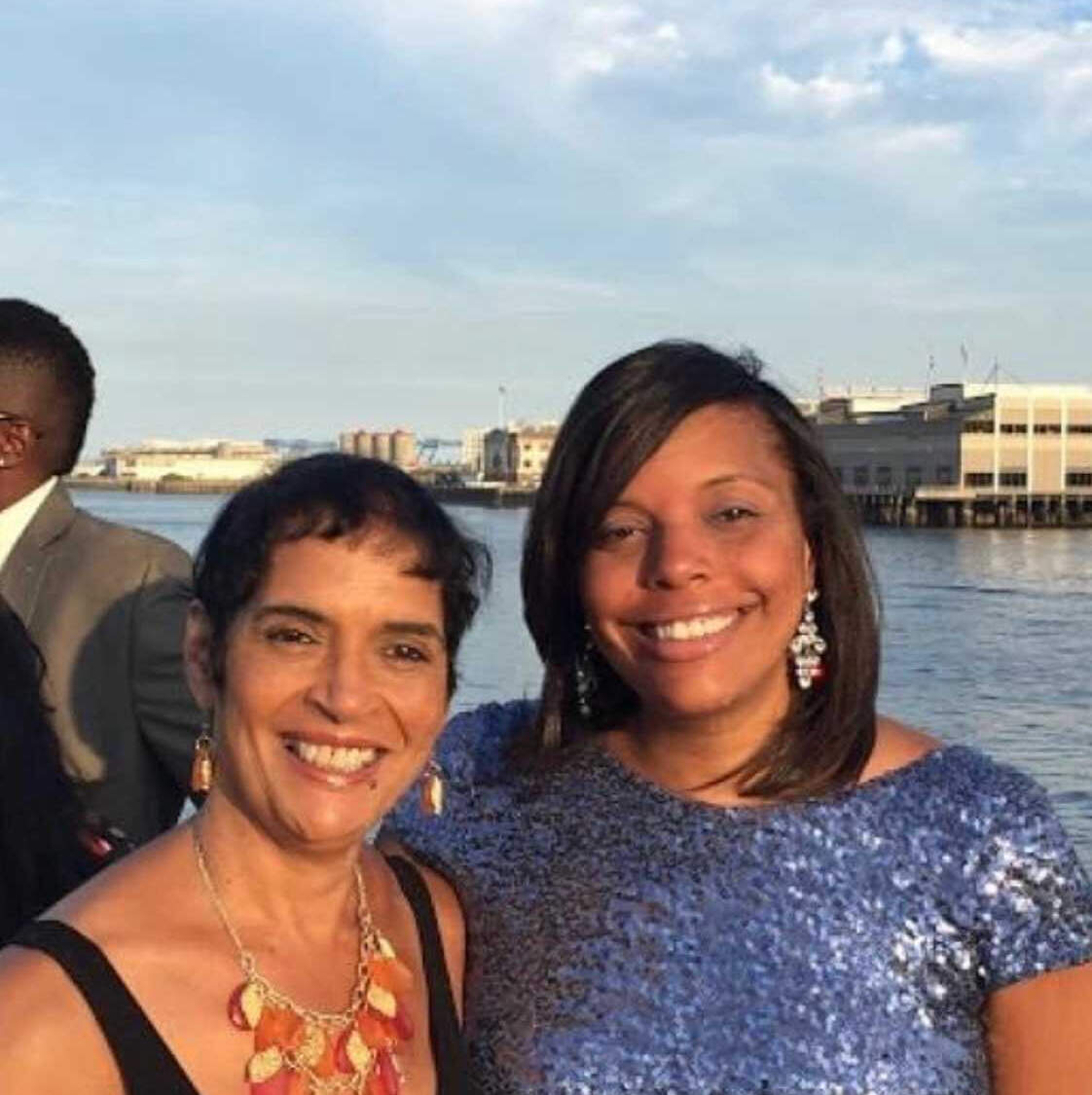
Her inspiration: Mom
“I grew up on Cape Cod, and I was one of very few black girls there. My adolescence was very insecure. I didn’t totally fit in with my classmates. I remember my mother would always make sure that she was propping me up, lifting me up, telling me how fantastic and wonderful and beautiful I was. Whenever I wanted to go for something — whether it was a job, a sport or a community role like board membership — she would always remind me of the assets I had. When I had self doubt, she would remind me of my potential greatness each time. [I lost] my mother three years ago. More so than ever before I find myself reflecting on lessons learned and the values she instilled in me. She is an anchor in all of who I am now.”
Rochelle Walensky | Former director of the Centers for Disease Control and Prevention
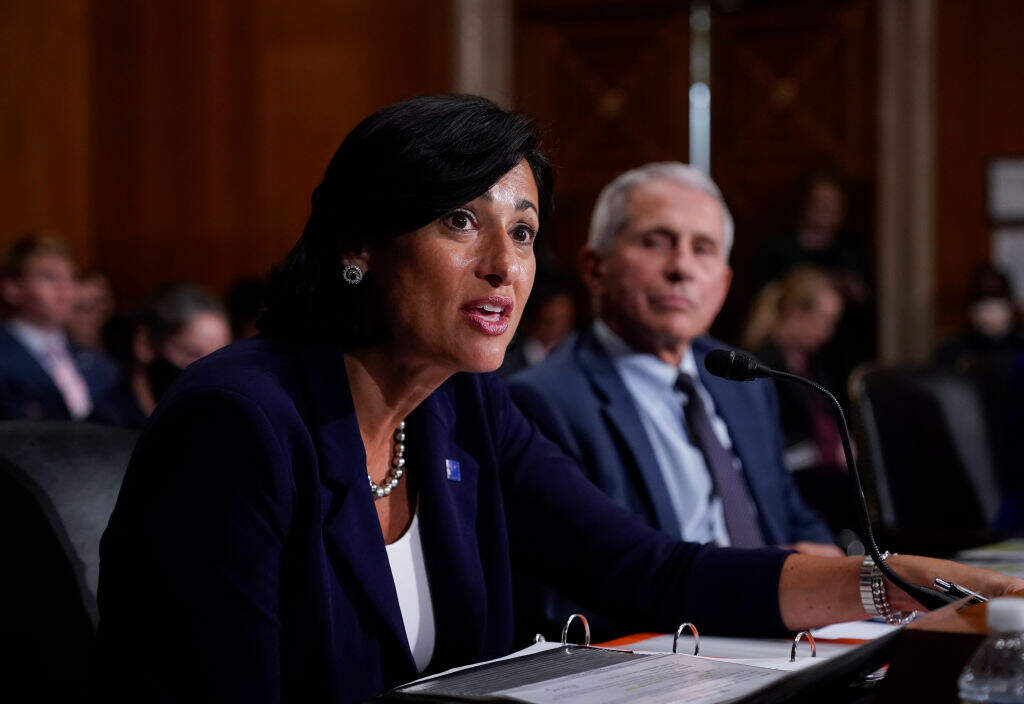
Her inspiration: A childhood pediatrician
“It was pretty uncommon to have a woman pediatrician in the ‘70s. I remember her being approachable and kind. She demonstrated to me that this path — working as a physician — was possible for a woman.
“What I loved about the potential of being a physician was the application of math and science, and the chance to be engaged with people, getting to know their stories. And growing up in Maryland — in the shadow of the government — you feel surrounded by greatness, like you had a responsibility to do good in the world just by being there.
“So in the early ‘90s, I vividly remember when Magic Johnson announced he had HIV, and Arthur Ashe announced he had AIDS. We had very little pharmacology on HIV drugs back then. I was at Johns Hopkins [for medical school] in ‘91, and many people coming in then were dying of AIDS, too. But by 1995, there was an [antiretroviral] cocktail that created hope. With this new drug — even though it was so many pills — we could tell people we had something that could allow them to live. That was when I knew that [being a physician] was going to be the work that I did.”
Lyndia Downie | President and executive director of the Pine Street Inn
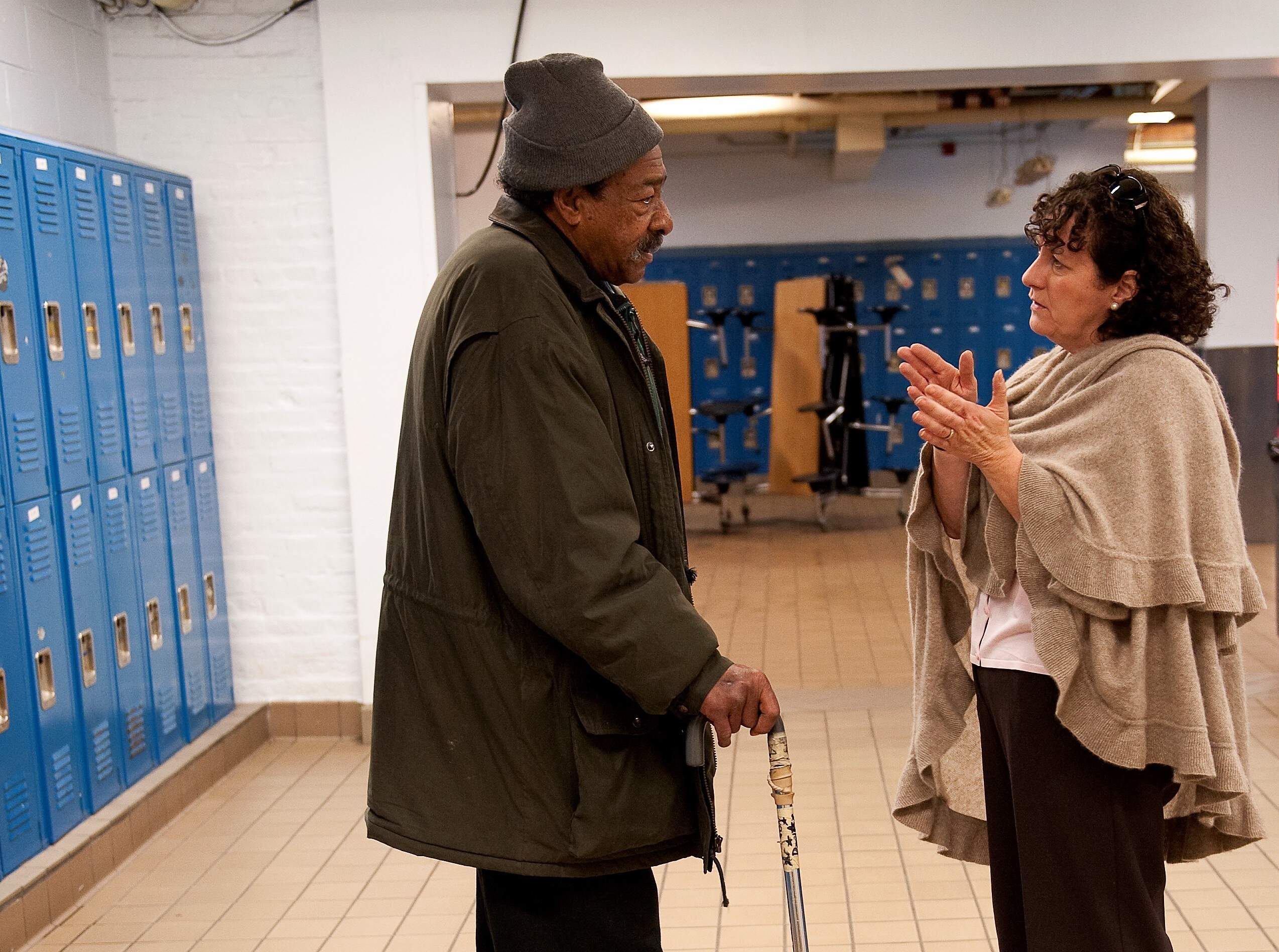
Her inspiration: Sandra Jones-Hansen, a mentor who ran the women’s shelter at Pine Street for 30 years
“If you use the word ‘grace,’ Sandy was it. She was someone who understood how to meet people where they were, and had a rare talent for helping people help themselves. Sandy had a particular gift for working with women and men [other staff] found somewhat challenging. It didn’t phase her a bit.
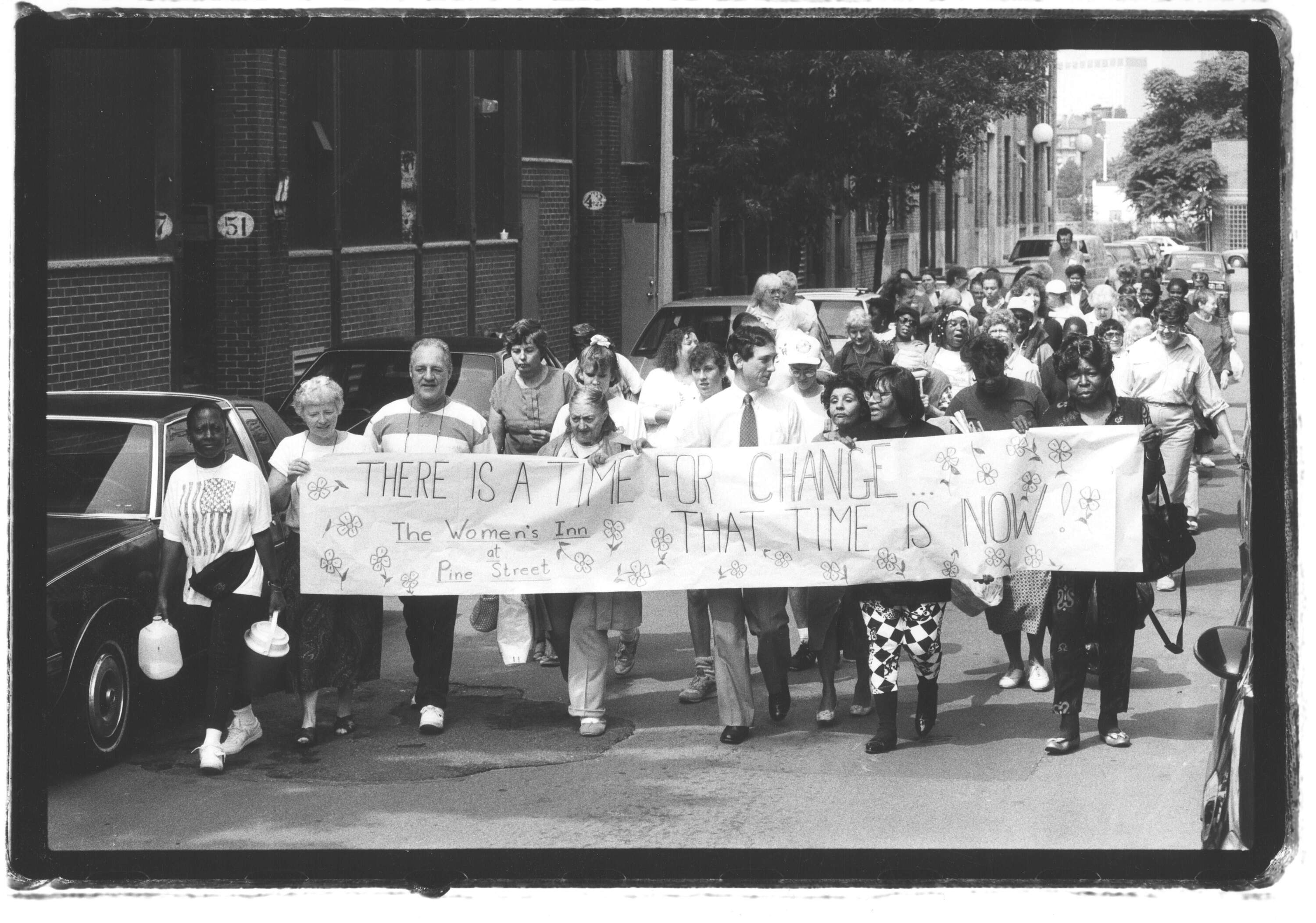
“I have this little porcelain Madonna that belonged to one of our guests, David. He was someone who really struggled, and a lot of staff didn’t know how to help him. But he and Sandy really had a special bond. When he wouldn’t come in, Sandy would go out and talk him into coming inside on a really cold night. Sometimes she’d be able to talk him into going into treatment.
“The Madonna broke into little pieces once. And Sandy glued it back together. Shortly before he passed, he gave it to Sandy, and told her, “This is what you’ve done for me. You’ve glued my life back together.”
“The porcelain Madonna … it kind of symbolizes the work we do. Getting people’s lives together. Sandy gave me [the Madonna] when my mother passed. Sandy herself passed about three years ago, after she left Pine Street and retired. But she was a remarkable woman and I was lucky to have had her as a part of my life. She was our North Star.”
Vikki N. Spruill | President and CEO of the New England Aquarium
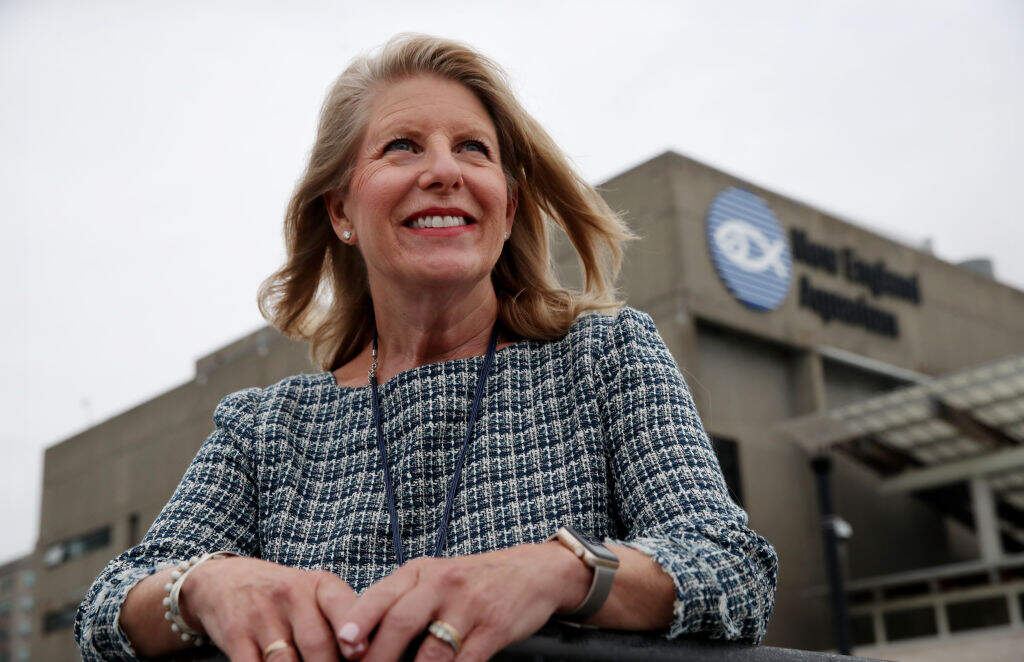
Her inspiration: Dr. Jane Lubchenco, an environmental scientist and marine ecologist who served as the National Oceanic and Atmospheric Administration (NOAA) administrator under President Barack Obama
“I met Jane early in my environmental career, circa 1997, after leaving public relations. Science-based conservation is at the core of our work at the New England Aquarium, and it was Jane who helped me see that science can’t make policy, but must inform it. It was from her I learned that creating policies that protect our natural resources, like the ocean, is key to conservation. She helped me see that while science informs policy making, political will and public engagement make it happen. To create change, you must create champions, and to do that, you must meet people where they are in their understanding of complex issues. Jane is the penultimate ocean champion who started it all.”
Betty Francisco | CEO at Boston Impact Initiative
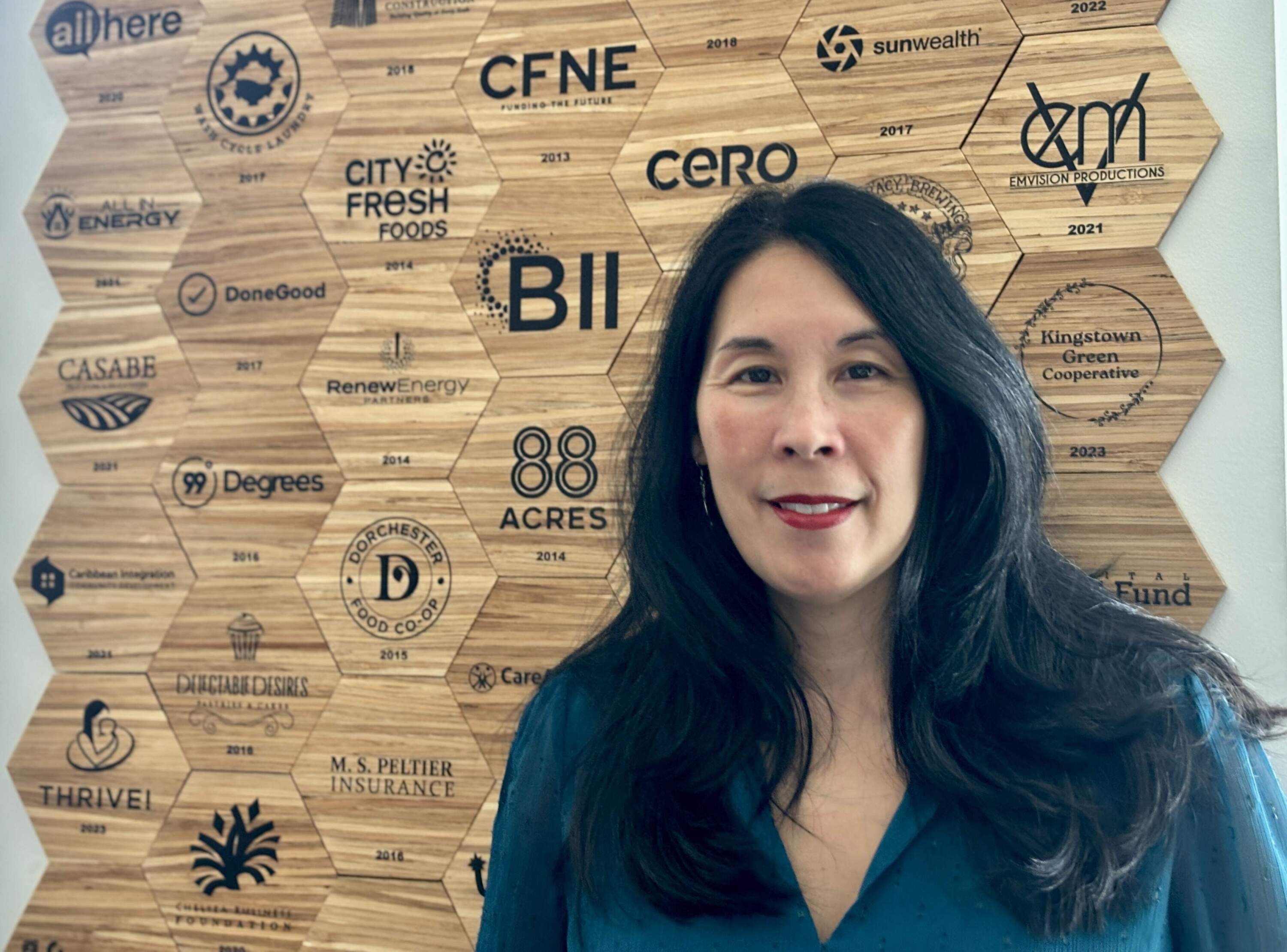
Her inspiration: An art teacher and nun at the St. Columba Catholic School in New York City
“I was very shy as a young child. One of my outlets was drawing. The art teacher … I guess she recognized something in me, because one day in the seventh grade she pulled me aside and told me that she wanted to help me get into an arts high school. She told me I’d need to make a portfolio, and that she would teach me different mediums and styles of art. After that, she would give me an assignment every week to work on at home, and she started to help me build a portfolio.
“The sister wanted me to apply to Fiorello H. LaGuardia High School Music, Art and Performing Arts in Lincoln Center — an exam school kind of like Boston Arts Academy. I was accepted for an audition and came for an interview with my portfolio. I never thought I would get in. But one day, the sister called home and said “Betty, you got into LaGuardia. This is so exciting because you’re the first student from our school to get in.” She was so proud of me, and encouraged my mother to let me attend.
“That shaped the latter trajectory of my life. I was very sheltered growing up, and going [to LaGuardia] opened up my universe. It was the first time I really saw the diversity of my community. Having had an arts education in high school has still stayed with me, too. I still paint to this day.
“It takes mentors and champions like that to help young people build up their skills and talents. That’s why I spend so much time today helping others, opening doors, trying to help them see things they wouldn’t have seen themselves.”
